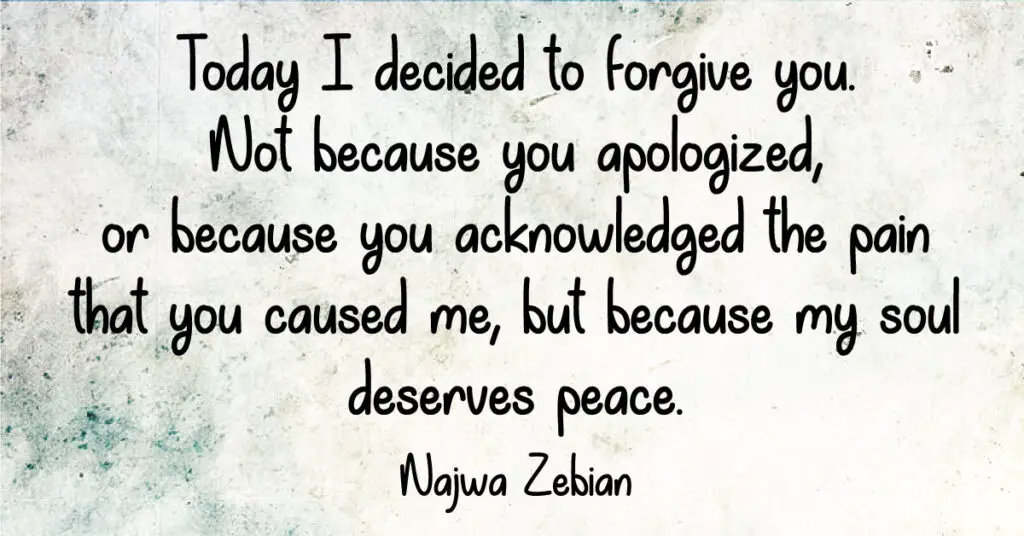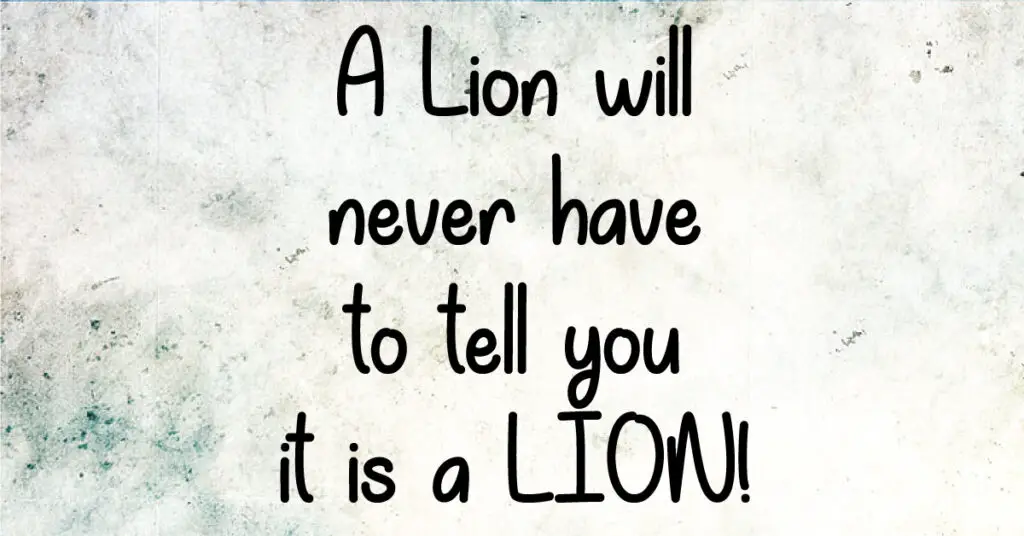Falling in love is one of the most beautiful feelings in the world, but what happens when you fall in love with someone you can’t have or be with? It’s a situation that many people find themselves in, and it can be an emotionally exhausting and painful experience. Whether due to distance, social and cultural barriers, or other circumstances, falling in love with someone you can’t have or be with can leave you feeling helpless and lost. In this article, we’ll explore the complexities of this situation and provide ways on how to cope with the challenges of loving someone you cannot have or be with.
Here are 10 Ways To Handle The Pain Of Loving Someone You Can’t Have
Acknowledge the feelings
The first step is to practice self-care and prioritize your well-being. This might include engaging in activities that bring you joy and fulfillment, taking time to rest and recharge, and surrounding yourself with positive people who support and encourage you. It’s important to be gentle and patient with yourself during this process and to avoid self-judgment and criticism.
By focusing on self-care and prioritizing your needs, you can begin to rebuild your sense of self-worth and find happiness within yourself. Remember that healing takes time, and it’s okay to take things one day at a time. With time and patience, you can begin to move forward toward a brighter future full of love, joy, and fulfillment.
Accept the situation
Accepting the reality that the person you love may not be able to reciprocate your feelings or that circumstances prevent you from being together can be a difficult but necessary step toward healing and moving forward. It can be tempting to hold on to hope or try to change the situation, but this can often lead to more pain and frustration.
Instead, by accepting the situation, you can begin to focus on yourself and what you can control. It’s important to remember that acceptance does not mean giving up on love or settling for less than what you deserve. Rather, it means acknowledging the current reality and working towards finding peace within yourself. By accepting the situation, you can begin to let go of the pain and heartache and move towards a brighter future.
Take time for self-care
Self-care can be a powerful tool for healing from the pain of loving someone you can’t have. When dealing with unrequited love, it’s easy to feel isolated and alone. Practicing self-care activities can help you feel more connected to yourself and others, and can provide a much-needed sense of comfort and support.
It’s important to focus on healthy habits that promote overall physical health, such as getting enough sleep, eating a balanced diet, and staying hydrated. By prioritizing self-care, you can begin to heal from the pain of unrequited love and find peace within yourself. Remember, healing takes time, and it’s okay to take things one day at a time. With patience and persistence, you can begin to move forward toward a brighter future full of love, joy, and fulfillment.
Surround yourself with support
Talking to friends or family members about your feelings can offer a sense of validation and comfort, and it can also help you gain new perspectives on the situation. If you find that your feelings are becoming overwhelming, seeking professional support from a therapist can be an excellent option.
A trained therapist can help you work through your emotions, develop coping strategies, and provide guidance on moving forward. They can also offer a safe and non-judgmental space to express your feelings without fear of being dismissed or invalidated. Remember, support is available, and it’s okay to reach out for help when you need it. Seeking support is a powerful step towards healing and finding peace within yourself.
Avoid contact with the person
If possible, avoiding contact with the person you love can be a helpful strategy in coping with unrequited feelings. Constantly being reminded of the person can make it challenging to move on and heal, especially if you’re frequently seeing or interacting with them.
While it may not always be possible to completely avoid contact, minimizing interactions and taking space can be a powerful way to prioritize your own well-being. This time away from the person can help you gain perspective, develop new interests and friendships, and begin to focus on your own goals and aspirations. Remember that it’s okay to prioritize your own needs, and taking steps to create distance or set boundaries can be an important part of the healing process.
Focus on positive aspects
Engaging in activities that bring you joy and fulfillment can be an excellent way to distract yourself from negative emotions and focus on positive experiences. Whether it’s pursuing a new hobby or spending time with loved ones, finding things that make you happy can help boost your mood and overall well-being. It’s also important to practice gratitude and focus on the good things in your life, even when times are tough.
By shifting your attention towards positivity and fulfillment, you can begin to rewire your brain to look for more positive experiences, which can lead to better mental health and emotional resilience. Remember, your happiness matters, and taking steps to prioritize it can be a powerful part of the healing process.
Set boundaries
If you find that contact with the person you love is unavoidable, setting healthy boundaries can be an essential strategy in coping with unrequited feelings. It’s crucial to communicate clearly what you are comfortable with and what you’re not, which can help prevent misunderstandings and preserve your emotional well-being.
This might include setting limits on how often you see or speak to the person, avoiding certain topics of conversation, or being clear about your intentions and expectations. Remember that setting boundaries is a form of self-care, and it’s important to prioritize your needs, even if it means disappointing someone else. By setting healthy boundaries, you can take control of the situation and create a sense of safety and stability in your emotional life.
Don’t blame yourself
When dealing with the pain of loving someone you can’t have, it’s common to blame ourselves for the situation. It’s essential to remember that love is not always within our control, and it’s not your fault. You cannot force someone to reciprocate your feelings or control the circumstances that prevent you from being together. Sometimes, love simply doesn’t work out, despite your best efforts.
While it can be challenging, accepting this reality can help bring a sense of peace and closure. Remember that loving someone who can’t love you back does not diminish your worth as a person. You are still deserving of love, respect, and happiness, regardless of the situation. Try to focus on self-compassion and kindness towards yourself, and remind yourself that you did the best you could in a difficult situation. By releasing blame and self-judgment, you can begin to move forward toward healing and finding peace within yourself.
Allow yourself to grieve
Allowing yourself time to grieve the loss of a relationship or the idea of being with the person you love is an essential step in processing difficult emotions. It’s okay to feel sadness, pain, and even anger as you work through your feelings. Give yourself permission to experience these emotions without judgment or shame.
Understand that grief is a natural and healthy response to loss, and it’s an important part of the healing process. As you move through your grief, know that healing takes time. Be patient and gentle with yourself, and trust that you will begin to feel better over time. While it may not be possible to completely forget about the person, the pain will begin to lessen, and you will begin to find joy and fulfillment in other areas of your life.
Remember that everyone heals at their own pace, and there is no right or wrong way to grieve. By allowing yourself time to process difficult emotions and focusing on self-care, you can begin to heal and move forward toward a brighter future.
Keep a positive outlook
It’s important to remember that love and happiness are possible, even if it may not seem like it right now. Keeping a positive outlook and focusing on the present moment can be a helpful way to shift your perspective towards more positive experiences. Rather than dwelling on the past or worrying about the future, try to focus on the present, and find joy in small moments and simple pleasures.
Consider setting new goals or pursuing new interests that excite you, and surround yourself with people who bring positivity and encouragement into your life. Remember that everyone’s journey is different, and healing takes time. Trust that the universe has a plan for you and that everything will work out in the end. By maintaining a hopeful and positive attitude, you can begin to attract more positive experiences and create a brighter future for yourself.
Final Thought
It’s very crucial to remember that you are worthy of love and respect, regardless of the situation. While it’s okay to grieve and process your feelings, it’s essential not to allow yourself to stay in that hole for too long. Remember that you are important, and your happiness matters.
Focus on self-care and prioritize the things that bring you joy and fulfillment. Keep a positive outlook, and trust that the universe has a plan for you. It’s also important to remember that nothing is as important as you are and that you deserve to be happy and fulfilled in all areas of your life. By taking control of your emotional well-being and focusing on your own needs and desires, you can begin to heal and move forward toward a brighter future.








